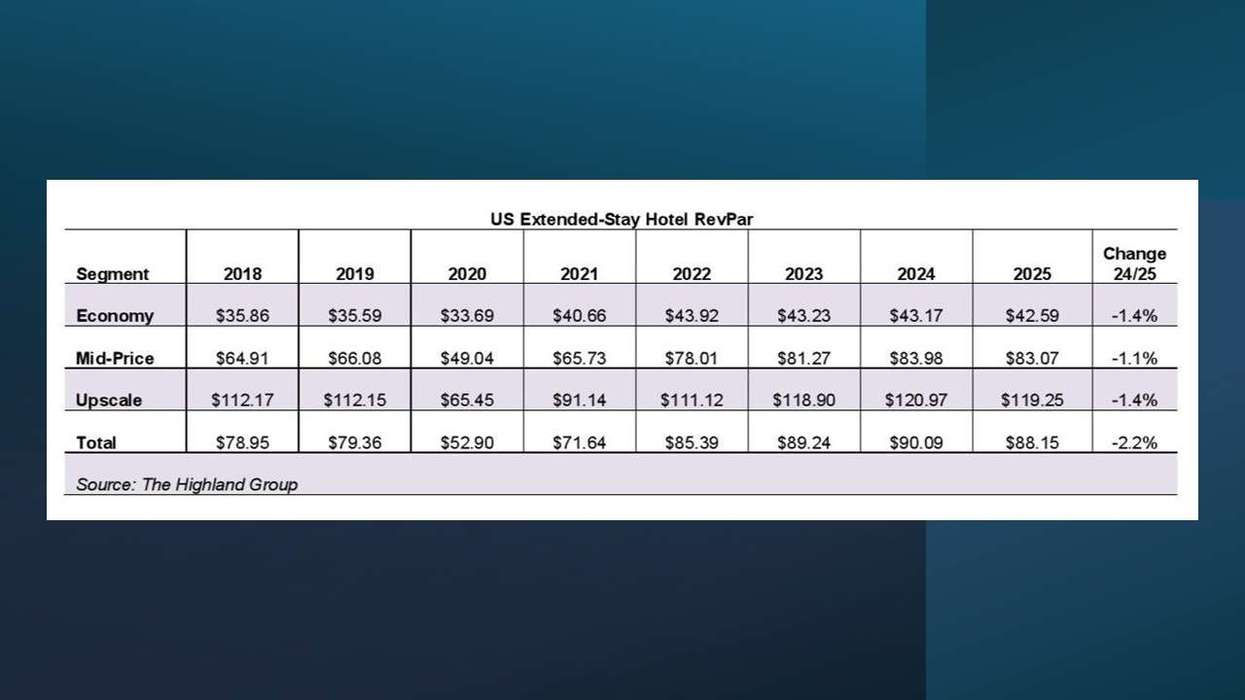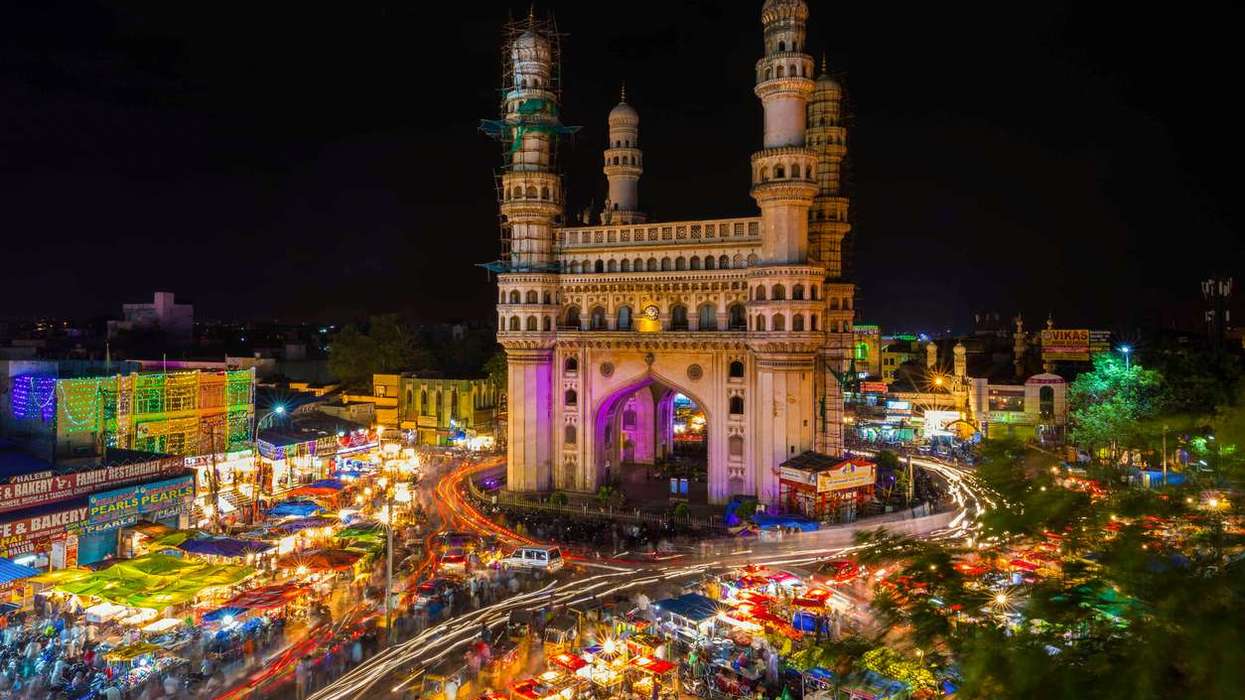THE U.S. AND India should coordinate their efforts when reopening the two countries after the COVID-19 pandemic stabilizes, according to the head of the U.S.-India Strategic Partnership Forum.
Headquartered in Washington, D.C., the USISPF aims to create a strategic partnership between the two countries. It nurtures a vision of business and government coming together in new ways to create meaningful opportunities that have the power to change the lives of citizens.
The USISPF estimates that U.S.-India bilateral trade is likely to grow from $143 billion now to $238 billion by 2025. This growth will occur if trade grows by 7.5 percent each year, as has been the trend for the last seven years. The estimate also projects that, by 2025, bilateral trade could range between $283 billion to $327 billion, at an annual average growth rate of 10 to 12.5 percent.
Mukesh Aghi, president and CEO of USISPF described the U.S. president Donald Trump’s recent visit to India as historic as “it showcased the enormous strength of our people-people ties, the culture bonds we share”.
He recently said that Facebook's $5.7 billion investment in Reliance Jio during the coronavirus pandemic is a reflection of the faith that foreign companies have in the Indian economy's potential and future growth.
In an interview to Asian Hospitality, Aghi suggested that India and the U.S. should coordinate their efforts while opening up the economy once restrictions in connection with COVID-19 lockdown are lifted. The full text of the interview follows:
You recently praised India's decision to impose the lockdown and said it is an opportunity. Could you elaborate?
India was one of the first countries globally to take direct action against the pandemic through lockdown, blocking travel, etc. The opportunity lies in the increased potential for both countries to collaborate further to fight this common enemy— India has already supplied hydroxychloroquine to the U.S. There are further areas of collaboration where the situation is evolving— in testing, tracing mechanism, vaccine development, among others.
How are India and the U.S. fighting the coronavirus? What are the areas of concern for these nations?
The biggest concern in my opinion, besides the health concern for all citizens, would be how to open up the economy in a systematic manner while ensuring that citizens are protected but also essential service providers get the support they need. India is considering a staggered exit strategy from the lockdown, but the real challenge will also be to ensure that essential services such as schools and transportation are also fully operational. So, it is a complicated process and we are suggesting that both countries coordinate their efforts on this front— it would certainly help to get businesses back on track.
Now, the U.S. has reported the most coronavirus infections across the globe. How is the country is preparing itself to overcome the pandemic?
The U.S. government, both at the federal and state level, is taking the much-needed steps to tackle the pandemic. Of course, the pandemic has hit states differently— densely populated states like New York have been hit the hardest. The private sector is deeply involved in helping governments at all levels deal with the crisis— ramping up production of masks, ventilators and also leading with innovations from universities, research labs, and start-ups. We are witnessing a concerted action on all fronts.
How is the response from the Indian community in the U.S. to coronavirus?
Indian Americans are contributing in numerous ways— whether it is as front line workers in hospitals or providing relief to vulnerable communities and families in India and the US who are struggling from food shortages due to the pandemic.
What are the activities initiated by USISPF during this hour of crisis?
We are continuing our engagement with governments and our members— advocating on behalf our members on business continuity issues, advising the government of India on the economic taskforce been formed to deal with COVID-19, and also connecting start-ups in Silicon Valley who are devising innovative strategies in dealing with the pandemic to the Government of India.
In your opinion, what will the impact of bilateral trade post the pandemic between the two countries? After the recent visit of Donald Trump to India did you notice any visible change happened in the relationship between the two nations?
We still have untapped potential in our bilateral trade – therefore, I don’t see the interest or the opportunity declining even in the face of this pandemic. President Donald Trump’s visit to India was a historic one as it showcased the enormous strength of our people-people ties, the culture bonds we share. While we didn’t finalize a trade deal, I think we are moving towards stronger collaboration in the defense corridor, in the Indo-Pacific region, energy cooperation, space cooperation to name a few. In 2018-19, United States was India’s top goods trade partner—not China. In short, the visit highlighted the strength of the economic partnership that forms the bedrock of the bilateral— one based on a true win-win opportunity.




